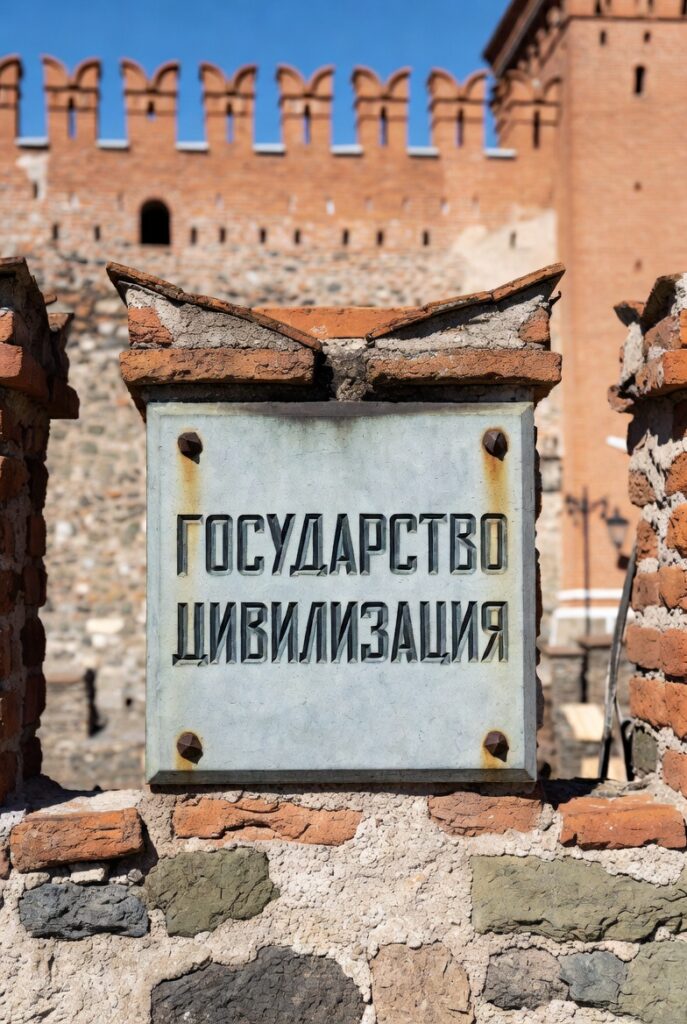Russia’s Central Election Commission has allowed regional commissions to completely scrap paper ballots in favour of online voting. If electronic voting becomes the default way of casting ballots and paper ballots are abandoned, all polling stations should be equipped with electronic voting terminals to replace traditional ballot boxes. When using these, the voter selects a candidate on the screen and his or her vote is considered electronic and processed as such. The possibility of expressing one’s political will by voting remotely is also preserved in this case. E-voting terminals have already been tried and tested in the Moscow mayoral elections: members of the election commissions were quite insistent in urging citizens who wanted to support their candidates offline, rather than remotely, to use an e-voting terminal instead of a ballot paper. Many voters (especially the elderly) did not realize that their vote had become electronic. Under the new rules paper ballots will also remain an option if a particular region does not have new remote electronic voting terminals or not enough of them to equip all the polling stations. In Moscow, which is preparing to hold City Duma elections in September, there is no shortage of e-voting terminals, but the regional election commission has announced that the possibility of casting an old-fashioned paper ballot will only be available to those, who make sure to apply for this option in advance. In fact, the city commission has put additional obstacles in the way of voting by a paper ballot: unnecessary bureaucratic procedures and the need to bother with a prior application will alienate the majority of voters who still express their will in the traditional way.
Until very recently, election commissions were obliged to provide printed ballot papers to all registered voters. Now they can choose how many ballots they need and print as many as they think they need. It is clear that the Russian authorities are keen on reinventing the country’s voting process in a fully electronic format, albeit with the help of e-voting terminals installed at polling stations. There are two reasons for this. First, it is virtually impossible to control electronic voting in Russia: the terminal is literally and figuratively a «black box». As early as 2021, it allowed the «United Russia» party candidates to win in Moscow’s single-mandate constituencies, even though the results at offline polling stations showed that the «United Russia» party had lost those elections. Second, electronic voting allows additional control over the turnout of voters who come to the polling stations virtually online. This makes it easier to mobilize corporate employees and public employees: the main tools used by the Kremlin in recent years to boost voter turnout. The authorities deny having access to the database of those who have voted, but company managers and technologists involved in voter mobilization can easily intimidate subordinates into believing they can see whether an employee has actually voted or not and has cheated the boss. Remote and e-voting terminals require verification of the participant, making the act of voting less secret. For that reason, e-voting might reduce the proportion of protest votes by discouraging people from voting against the regime for fear of being tracked down. It is one thing to tick a box for an opposition candidate in the privacy of a polling booth and then drop the ballot into a box with a pile of similar ballots. It’s quite another to vote against the authorities after logging into the Gosuslugi system or verifying yourself at a terminal with your passport.
It is likely that in the nearest future we will see mass purchases of electronic voting terminals by the regions, and they will be widely used in the upcoming State Duma elections. The Kremlin clearly wants to eliminate any unpredictability from the electoral process and fully program the results, and the Russian-style electronic voting enables the authorities to do just that.
MPs as serfs
The State Duma has passed a law, according to which MPs and senators can be stripped of their mandates if they go on a foreign trip without the approval of the chairpersons of the parliamentary chambers. In addition, Duma Speaker Vyacheslav Volodin instructed the parliament to develop a legal ban on traveling abroad for Duma MP, which will be in effect even after the end of their term of office. This is another step meant to make the MP corps more loyal to the regime and more manageable. The changes will help discipline current MPs, who will have to give up their freedom of movement. In addition, the ban will help against those MPs who have become undesirable for some reason: any trip can always be declared uncoordinated or insufficiently coordinated retroactively.
However, the main addressees of the changes are the candidates for seats in the State Duma of the new convocation (including, of course, quite a few sitting deputies). Before being nominated potential candidates are given a test of obedience and «flexibility», read: servility. Naturally, such terms will discourage from running for the office those who might be quite loyal to the Kremlin but who still cherish what remains of their personal freedom. The most obedient individuals who are willing to make sacrifices for the sake of their political careers will be selected. Such people are guaranteed to support any initiative proposed by the Kremlin and will be eager to kowtow, offering ample flattery and servility if their superiors in high places demand it. MPS and senators will become the new serfs, who, however, will give up what remains of their freedom - in this case, freedom of traveling abroad — quite consciously and voluntarily.
The country’s leadership has long been unafraid to form the parliamentary corps according to the principle of total loyalty, yet until recently the test of loyalty did not include violating freedom of movement. The Kremlin is forcing current and future deputies to make sacrifices for it, clearly assuming that this level of control will help to eliminate even the smallest dissent in the parliament. In the new Duma we will see even more sincere, committed Putinists, people ready to punish the discontented and take unpopular measures when the leader needs them.
In reality, however, there are not only ultra-loyalists, but also quite pragmatic, cynical careerists who are guaranteed to become MPs, and at a critical moment these people can abandon all previous pledges of loyalty and disregard all restrictions imposed on them. The freedom they give up for a while for the sake of their careers will be just that: a sacrifice for career advancement, not a literal sacrifice to the Kremlin. When Russia’s top leadership is in trouble, such careerists will certainly neither support nor ardently defend it. It will be easier for them to abandon Putin’s power vertical at the moment of its collapse than to give up their personal freedom for its sake.










